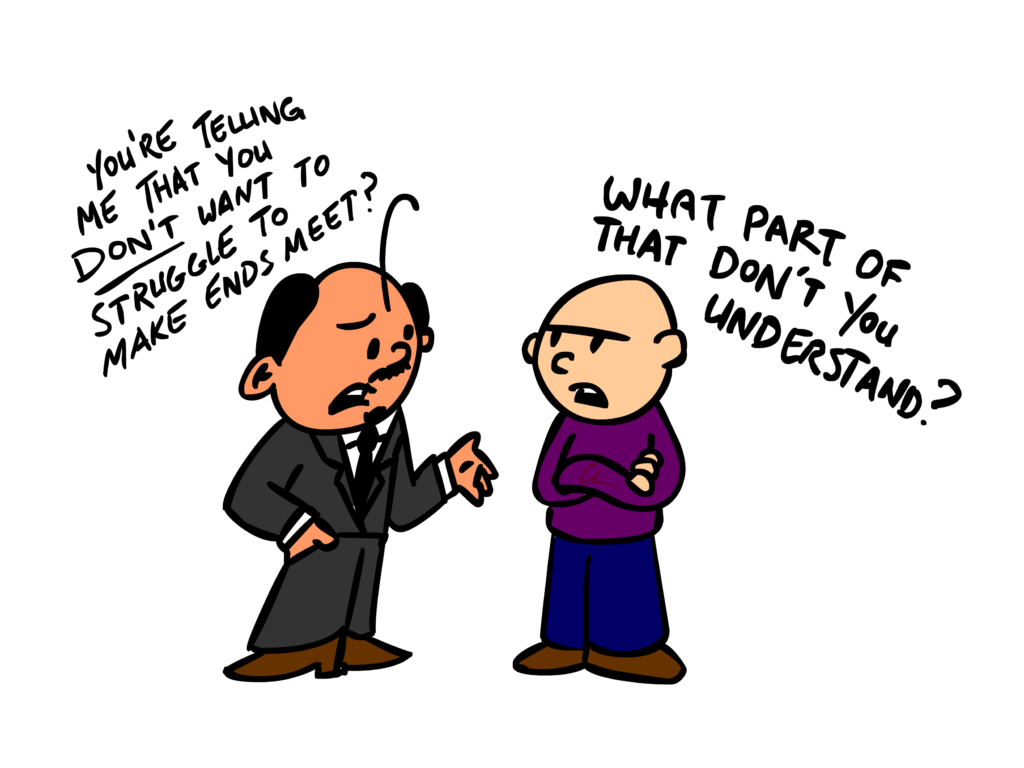In early October, Gov. Andy Beshear proposed a bonus for essential workers, with healthcare workers at the top of the list. But of course—it hit a roadblock with Republican state leaders who refused to join a bipartisan work group. Even though essential workers have been praised time and time again for going to work during a global health crisis, there’s no action to show for it. Essential workers earn minimum wage, get yelled at by customers, are greeted by maskless patrons or are reprimanded for calling in sick.
At The News, we believe the pandemic and the labor shortage are directly related.
The labor shortage started sometime in August, with Kentucky residents being among the highest quit rate in the country, according to the Courier Journal. The editorial board believes the treatment of essential workers during the pandemic is the cause for this. It was the final straw.
If workers are “essential,” where are the liveable wages to back that up? Bonus pay? Hazard pay?
As a reminder, minimum wage was started with the idea that this pay is the minimum amount needed to live off of. But as we’re seeing right now, $7.25 an hour is nowhere near enough to live off of; if the cost of living has increased, then so should the minimum wage. Those in power show just how much they respect essential workers when they have the means to raise the minimum wage and choose not to.
For context, think about this: at Starbucks, the average employee makes $9.50. What they make in 30 minutes is nearly the cost of one drink. If food service workers are putting in the work, engaging with customers, promoting the business, then why should they make so little?
We have seen some argue that the labor shortage is because workers are choosing to sit at home and earn money through unemployment. Fine, let’s use that argument—if we live in a system where unemployment pays better than minimum wage, then the system is flawed.
What Beshear is proposing is a start but not enough. The same leaders who criticized Beshear for not doing enough are now refusing to join the action. Although considered “radical” by some, a one-time payment won’t cut it. What happened to “of the people, by the people, for the people”? Minimum wage workers make up 1.5% of the population, according to the Bureau of Labor Statistics, yet the government is not doing enough to show up for its people. The pandemic is turning the tables.
This should not be a partisan issue but a common sense issue. When the people are quitting, protesting, and asking for help, the government should respond. When the cost of living rises, so should the minimum wage. Essential workers should be treated as such—beyond a T-shirt or $5 gift card. When there is a pandemic, workers should be compensated accordingly.




























































































